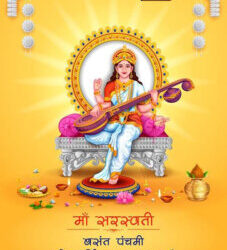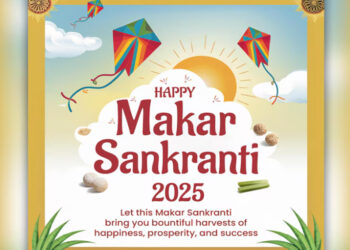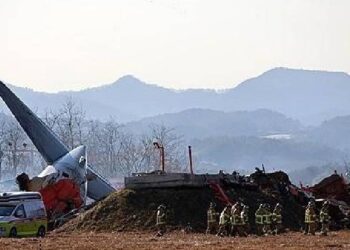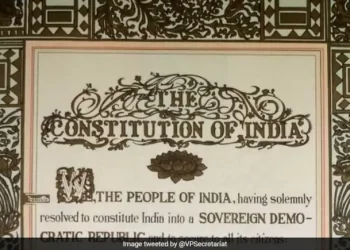In India, one of the most significant festivals is Diwali, or the Festival of Lights. It’s a five-day celebration that includes good food, fireworks, colored sand, and special candles and lamps.
This year, Diwali falls on Sunday 12 November.
Diwali, also known as Dipawali, is India’s most important holiday of the year. The festival is named after the row (avali) of clay lamps (deepa) that Indians light outside their homes to represent the inner light that shields them from spiritual darkness. This event is as significant to Hindus as Christmas is to Christians.
Diwali has evolved into a national event that is now celebrated by non-Hindu populations. For example, in Jainism, Diwali commemorates Lord Mahavira’s nirvana, or spiritual awakening, on October 15, 527 B.C.; in Sikhism, it commemorates the day Guru Hargobind Ji, the Sixth Sikh Guru, was released from incarceration. Diwali is also observed by Buddhists in India.
- In northern India, they celebrate the story of King Rama’s return to Ayodhya after he defeated Ravana by lighting rows of clay lamps.
- Southern India celebrates it as the day that Lord Krishna defeated the demon Narakasura.
- In western India the festival marks the day that Lord Vishnu, the Preserver (one of the main gods of the Hindu trinity) sent the demon King Bali to rule the nether world.
DIWALI IS CELEBRATED OVER FIVE DAYS.
- DAY ONE: People clean their homes and shop for gold or kitchen utensils to help bring good fortune.
- DAY TWO: People decorate their homes with clay lamps and create design patterns called rangoli on the floor using colored powders or sand.
- DAY THREE: On the main day of the festival, families gather together for Lakshmi puja, a prayer to Goddess Lakshmi, followed by mouth-watering feasts and firework festivities.
- DAY FOUR: This is the first day of the new year, when friends and relatives visit with gifts and best wishes for the season.
- DAY FIVE: Brothers visit their married sisters, who welcome them with love and a lavish meal.
Hindus interpret the Diwali story differently depending on where they reside. But no matter where people celebrate, there is one unifying theme: the triumph of good over evil.
Facts about Diwali
1) Diwali is a major religious holiday that originated in India. Diwali is commonly associated with Hinduism, however it is also observed by Sikhs and Jains.
2) Diwali is an annual festival that lasts five days and marks the beginning of the Hindu New Year. The exact dates vary from year to year and are governed by the position of the moon, although it normally occurs between October and November.
3) The word Diwali (or Deepavali, as it is frequently spelled) means “row of lights” in Sanskrit, an ancient Indian language. People decorate their homes with lights and oil lamps known as diyas during this holiday.
4) Many people celebrate Diwali in honor of Lakshmi, the Hindu goddess of riches. The lights and lamps are said to help Lakshmi find her way into peoples’ homes, bringing prosperity in the year to come!
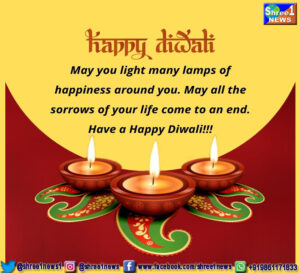
5) It is also a celebration of good triumphing over evil, and Diwali is associated with various legends based on this concept. Hindus in northern India commemorate the deities (gods) Rama and Sita’s homecoming to the city of Ayodhya after defeating the evil tyrant Ravana!
6) During Diwali, people in Bengal celebrate the goddess Kali, the remover of bad forces. People in Nepal (a country bordering north-east India) celebrate Lord Krishna’s triumph over the evil monarch Narakaasura.
7) But Diwali isn’t just about lights and mythology; it’s also a time to celebrate with friends and family! People exchange gifts and sweets, feast on delectable feasts, watch fireworks displays, and dress up in new outfits. It is time to clean and decorate your home, too.
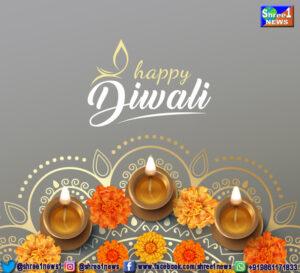
8) Rangoli is a popular Diwali practice that involves creating beautiful patterns with colored powders and flowers. To welcome the gods and bring good luck, people draw rangoli on the floor near their front doors.
9) Today, hundreds of people from all around the world participate in this wonderful celebration. During Diwali, Hindus living outside of India meet at mandirs, or temples of worship, to leave sacrifices to deities, watch fireworks displays, and enjoy delicious cuisine together!
10) Outside of India, the city of Leicester in the United Kingdom hosts the greatest Diwali celebrations. Tens of thousands of people congregate in the streets each year to enjoy brilliant displays of light, music, and dancing!







 Finance
Finance
